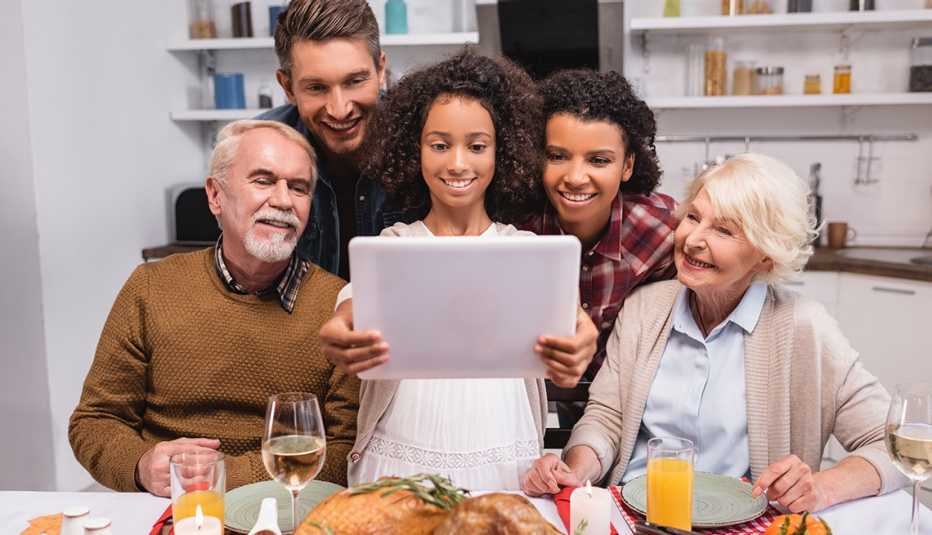Staying Fit


As the dinner hour loomed, my household remained locked in the daily “dirty dishes standoff.” Three meals’ worth of bowls, plates and pans sat in the sink, untouched by me, as a social experiment. Maybe someone would take the initiative? Fat chance. Do I quietly do them or nag yet again? I chose the former, simmering all the way.
When the COVID-19 pandemic struck, my husband, Bob, and I were finally embracing the new empty-nest outlines of the old us. We had just begun to find our groove when the kids all flooded home. At first it was like an enforced rest, a compressed family summer camp. And then COVID placed both a microscope and a megaphone over every little thing. Small annoyances began to feel like little cracks. Bob chewed too loudly, sighed too heavily, left cupboard doors open. I felt responsible for taking everyone's emotional temperature; caretaking the fear, anxiety and disappointment as a mother and as a daughter to my elderly mom, quarantined one state over in an assisted living facility. Where had our “empty-nest-ness” gone? Would we ever get it back?


AARP Membership— $12 for your first year when you sign up for Automatic Renewal
Get instant access to members-only products and hundreds of discounts, a free second membership, and a subscription to AARP the Magazine.
COVID and quarantine have brought lessons and realizations, both poignant and joyful, broad and small. We've tested the boundaries of our patience and emotions. Through it all, even the devastating losses, we have each been reminded of what's truly important.
New connections
Beth Stevens, 59, of Rye, New York, has a strong and loving relationship with her father, who suffers from multiple myeloma. After her mother died, she doubled her visits, worried about his sense of isolation and depression. When the pandemic struck, like so many caregivers, she grappled with how best to keep him safe. Bring him home to live with her or keep him in his nearby senior facility? With her grown children coming and going, Beth made the decision that he should stay put. While it was hard not to physically be with him, it forced more connection to the greater family. “My dad learned how to FaceTime,” Beth says. “And with that new skill, he felt empowered to reach out more to the grandkids, and they, in turn, called him more.”

































































More From AARP
Advice to Help Family Caregivers Plan Ahead During COVID
Coronavirus has put a spotlight on the new challenges of caregivingCOVID-19 Spotlights Need to Expand Family Leave Policies
Report finds that benefit changes may determine whether many women stay in the workforce
The Nonstop Juggle of Compound Caregiving
Ways to stay afloat when you are providing care for multiple people at the same time